Putin's nightmare: 'Emir of the Caucasus' vows to stop Sochi's Winter Games
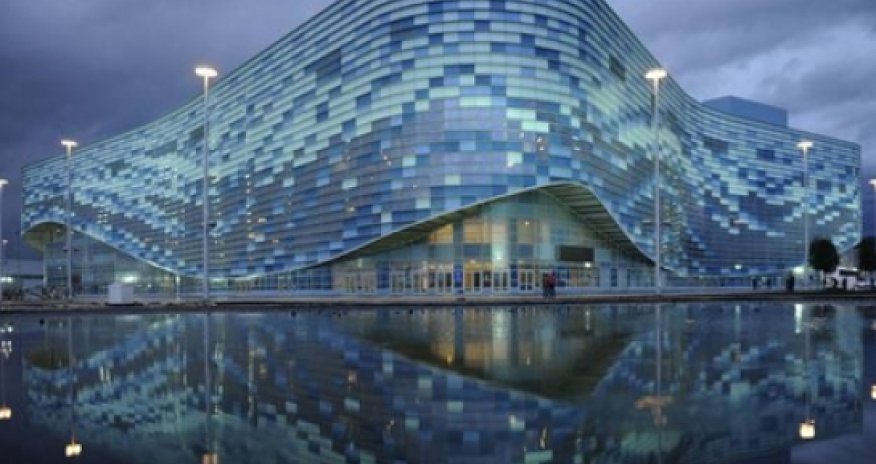
Any day soon, a bomb may go off in the Black Sea resort of Sochi. And if it does, it will be the nightmare that Vladimir Putin has been spending billions of roubles trying to prevent. The Winter Games, which start in February, have long been his pet project, designed to show the world how complete is his control over the territories of which he is president. The sudden rush of amnesties is just his latest ploy to sanitise the image of the Games.With its sub-tropical climate, palm-fringed beaches, and sulphur springs, Sochi has been Russia’s most sybaritic winter holiday spot since the days of the tsars: it’s the Riviera of the Caucasus whose high mountains stretch eastwards, with embattled Chechnya just two hundred miles away. As a narrow ribbon of land where sea and snow-capped peaks are in close proximity, it was the obvious venue for the winter Olympics, and it has now been transformed by Putin’s hi-tech new infrastructure. But Doku Umarov, the Chechen Islamist leader and self-styled Emir of the Caucasus, has promised to use “maximum force” to stop these Games. In a video message released in July, he declared: “They plan to hold the Olympics on the bones of our ancestors, on the bones of many, many Muslims buried on our land by the Black Sea. As mujahideen we are required not to permit that, using any methods that Allah allows us.”We’ll come to those bones later, but the immediate reason for Umarov’s hostility is the guerrilla war which has convulsed the North Caucasus for the past 20 years. It was triggered in 1993 when Boris Yeltsin sent in troops to strangle post-Soviet Chechnya’s bid for independence, subjecting Grozny, its capital, to a ferocious bombardment: Russia could not tolerate an independent state on its southern flank. Three years later, Yeltsin’s troops were humiliatingly forced to withdraw, but when Putin reinvaded Chechnya in 1999 in what he called an “anti-terrorist operation”, this mountainous country with its million inhabitants became what the Russian journalist Anna Politkovskaya aptly described as “a small corner of hell”. Grozny was flattened like Dresden, and hunger, sickness, and fear became the daily lot of all Chechens not allied to one of the criminal militias that were now rapaciously scarifying the land.It was the leader of one of those militias, Ramzan Kadyrov, who finally emerged as Chechnya’s Russian-puppet ruler in 2004, pushed into power by Putin when his father Akhmad Kadyrov was assassinated while presiding over a Victory Day parade. And over the past 10 years, bolstered by unlimited subsidies from Moscow, Ramzan has ruthlessly consolidated his grip, rebuilding Grozny in such lavish style that it has been likened to a new Dubai, but imposing a viciously misogynistic version of Sharia, and systematically eliminating all opposition. Rumours of Ramzan’s responsibility for a spate of kidnappings, torture, and murder have been routinely denied, but a pattern is clear: fellow rebel leaders who subsequently turned against him have been mysteriously picked off while sheltering abroad; Politkovskaya was gunned down outside her flat in Moscow, and the human rights campaigner Natalia Estemirova – Ramzan’s most prominent local critic – was abducted from her home in Grozny, and later found by a roadside with two bullets in her head.Putin’s policy of keeping Chechnya – and by extension the whole of the increasingly disaffected Muslim North Caucasus – in a state of lockdown has been answered by a succession of bombings and massacres by Chechen guerrillas and their allies from neighbouring states: most notably the Nord-Ost theatre siege in Moscow, where 130 hostages died, and the school massacre in Beslan, where 334 children and parents were murdered in 2004. Now the threat has moved to Sochi. If Umarov sabotages the Games, he may fatally undermine Putin’s sedulously cultivated fiction that his country is one big happy family.But, in truth, this guerrilla war is just the latest stage in a cycle of oppression and resistance lasting centuries, with Putin simply repeating the mistakes of the tsars and Soviets. And if the Chechens’ anger is fuelled by folk-memories of persecution, their resolve is stiffened by memories of the 19th-century rebel leader who kept the tsars at bay for 20 humiliating years – Imam Shamil. And in the career of that charismatic psychopath – who even had his admirers in the drawing rooms of Victorian London – lies the quintessence of the Russian-Chechen story. The story began when Catherine the Great built a highway south through the mountains to her Christian friends in Georgia. Her imperialist push provoked a shepherd named Sheikh Mansur to rally local resistance, and to call for a renunciation of the corrupting alcohol which the Russians had introduced. In language which Yeltsin would later invoke to describe his Chechen foes, the Russians dismissed Mansur and his followers as “bandits”. He was caught and imprisoned, but he taught the Russians not to underestimate “the people of the mountain”.(The Independent)ANN.Az
























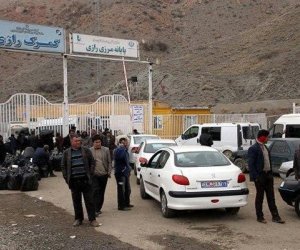

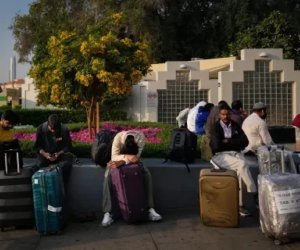
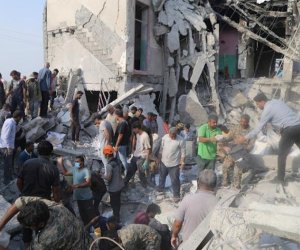
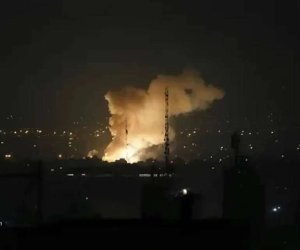

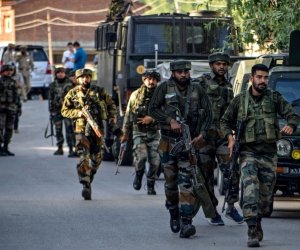
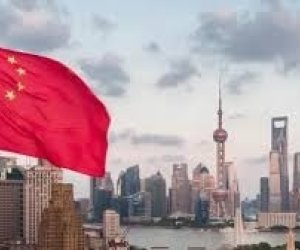




 Photo
Photo 



 Video
Video 

